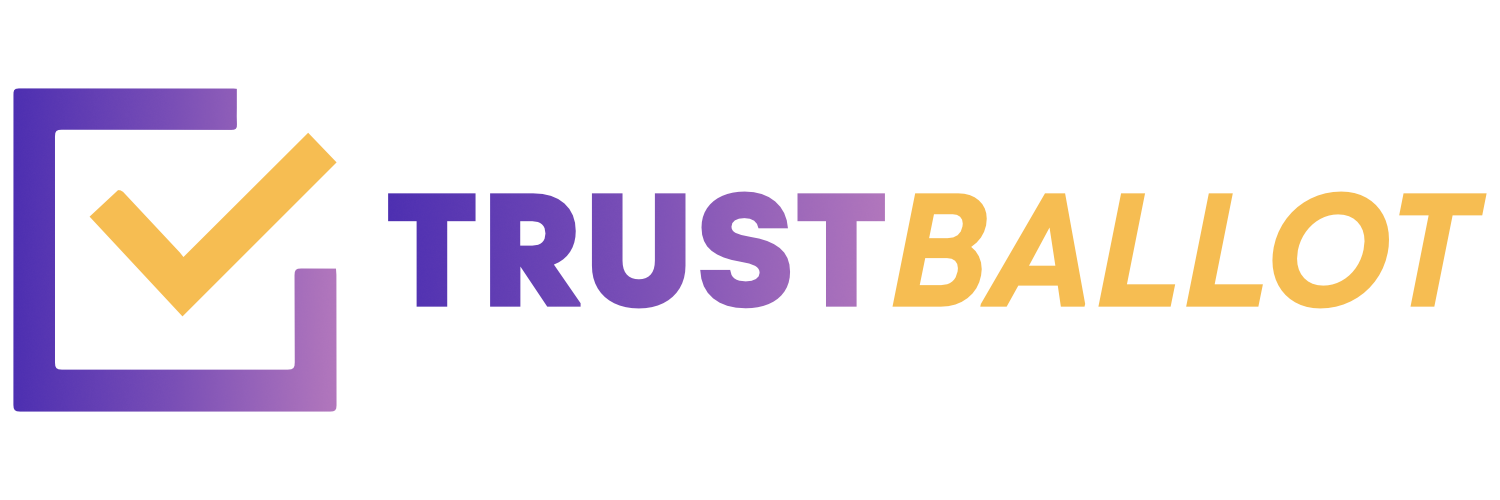Provisional elections offer hope for Iraq’s electoral integrity
Electoral integrity isn’t built in a day; however, Iraq is sending encouraging signals that it is determined to achieve it.
The Iraqi people have gone to the polls to elect provincial councils for the first time in 10 years, after Iraqi Prime Minister Mohammed Shia Al-Sudani reintroduced them.
It has been widely commented that the election represents a ‘test’ of Iraqi democracy and to Iraq’s electoral integrity. Iraq is currently an island of democracy nearly completely surrounded by authoritarian states in the Middle East, and the reestablishment of the elections by the Prime Minister signals a strengthening of that democracy.
Democracy in Iraq is not without its flaws. The provincial elections were delayed in 2013 due to the fight against ISIS, but only re-started under the current prime minister.
With regards to electoral integrity specifically, Saturday’s vote, which was reserved for military and security personnel and IDPs, there were complaints in relation to the process with voting machines struggling to scan finger prints, and constituencies’ final reports failing to be sent to Iraq’s Independent High Electoral Commission (IHEC). The Commission, however, has ensured that these problems will not re-occur during Monday’s vote.
Furthermore, critics of the current government, especially followers of Muqtada Al Sadr, complain that the political class is ‘corrupt’ and that participating in elections would only reinforce this. However, the Iraqi government has cracked down on security issues that may disrupt the election, and the Prime Minister has stated that elections are the only way to tackle corruption.
More broadly, another potential issue is low turnout. Despite strong indicators from Saturday where military and security personnel and internally displaced persons (IDPs) achieved a turnout of over 65%, participation among the general population is struggling to hit 20% in areas such as Basra. However, more encouragingly, areas such as Diyala saw a turnout of 40%.
These numbers mirror local elections in Western democracies such as the UK (32% at the local level), and so turnout should not be seen as representative of the state of Iraqi democracy as a whole. Levels of turnout such as these signal active participation, and that there is increasing trust in the democratic system.
Despite these roadblocks, the election is widely seen as a cause for optimism with the improved representation of different groups of Iraqi society. Notably, there are quotas for Iraq’s Christian and Yazidi populations.
These quotas are particularly significant for these communities. Many Yazidi people, having undergone genocide in areas controlled by ISIS, continue to be displaced within Iraq, and by increasing representation in Iraqi politics the Yazidi people can be advocated for in multiple levels of governance to improve their prospects of a full integration into a diverse Iraq.
There is also a quota of 25% for female members, building on quotas that were put in place for elections in the Council of Representatives. This aims to ensure that traditionally underrepresented groups have more confidence in the government, and quotas offer a way to guarantee that minority groups are represented in Iraq’s legislatures.
The real achievement is the fact that these elections are taking place at all. The fact Iraq continues to be one of the few beacons of democracy in the region is a success in itself. In other parts of the region, where demofracy has strong roots, we have seen significant backsliding, most notably Turkiye under an increasingly authoritarian President Erdogan.
Despite flaws, Prime Minister Al Sudani’s government is creating democratic conditions under which electoral integrity can improve and thrive. As trust builds among the population, so will the demands for further electoral integrity measures to be taken.

